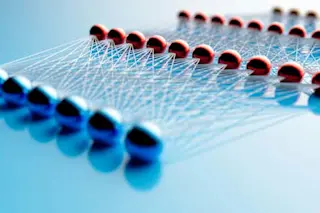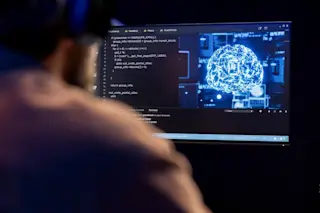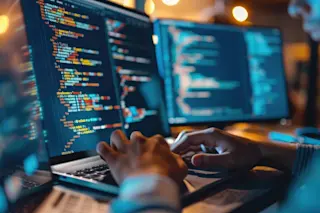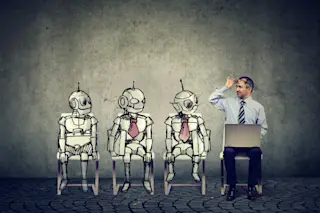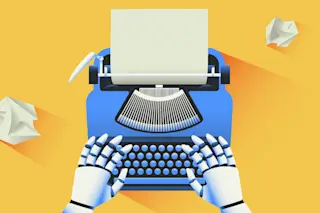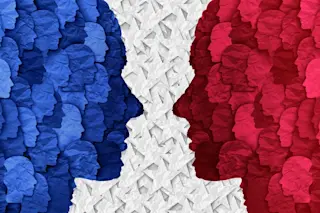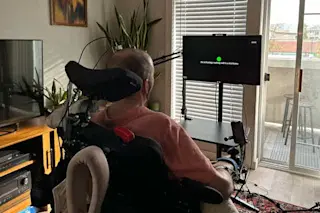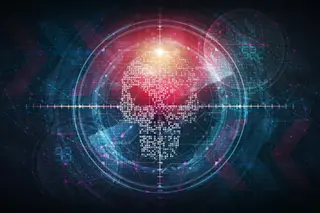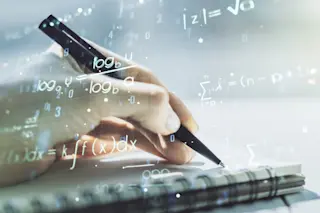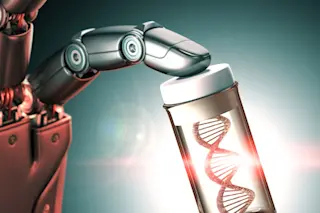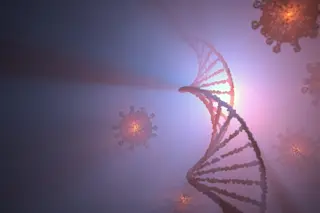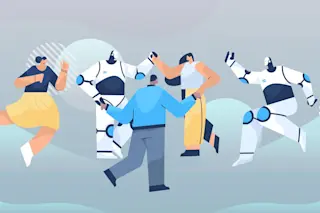If your jaw dropped as you watched the latest AI-generated video, your bank balance was saved from criminals by a fraud detection system, or your day was made a little easier because you were able to dictate a text message on the run, you have many scientists, mathematicians, and engineers to thank.
But two names stand out for foundational contributions to the deep learning technology that makes those experiences possible: Princeton University physicist John Hopfield and University of Toronto computer scientist Geoffrey Hinton.
The two researchers were awarded the Nobel Prize in Physics on Oct. 8, 2024, for their pioneering work in the field of artificial neural networks. Though artificial neural networks are modeled on biological neural networks, both researchers’ work drew on statistical physics, hence the prize in physics.
(Atila Altuntas/Anadolu via Getty Images) The Nobel Committee announces the 2024 Prize in Physics.
Artificial neural networks owe their origins ...


